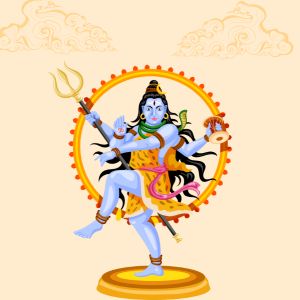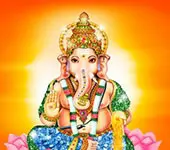
English Topics
Rare Topics
Click on any topic to open
- 237 The Practice of Bhojana Sadhana
- 236 Words of Wisdom - 2
- 235 Defining Goodness - Sanatana Dharma's Perspective
- 234 Vibhishana in Ramayana - A Tale of Morality, Loyalty, and Redemption
- 233 God will not let you break
- 232 A Glimpse into the 64 Arts
- 231 Chembai Vaidyanatha Bhagavatar - A Carnatic Maestro's Musical Odyssey
- 230 Understanding Adhyāsa: A Closer Look at False Attribution
- 229 Is Family's Permission Necessary For Becoming Sanyasi ?
- 228 Faith In Upasana
Please wait while the audio list loads..
30
Ganapathy
Shiva
Hanuman
Devi
Vishnu Sahasranama
Mahabharatam
Practical Wisdom
Yoga Vasishta
Vedas
Rituals
Rare Topics
Devi Mahatmyam
Glory of Venkatesha
Shani Mahatmya
Story of Sri Yantra
Rudram Explained
Atharva Sheersha
Sri Suktam
Kathopanishad
Ramayana
Mystique
Mantra Shastra
Bharat Matha
Bhagavatam
Astrology
Temples
Spiritual books
Purana Stories
Festivals
Sages and Saints
26
15
13
Copyright © 2024 | Vedadhara | All Rights Reserved. | Designed & Developed by Claps and Whistles



